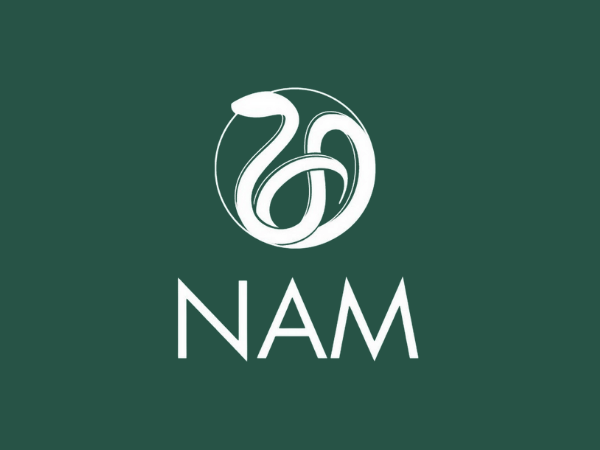FDA granted seribantumab, also known as MM-121, a Fast Track designation for development in patients with heregulin-positive, locally advanced or metastatic non-small cell lung cancer, whose disease has progressed following immunotherapy.
Merrimack Pharmaceuticals, the drug’s sponsor, is conducting the SHERLOC trial, a global clinical study of seribantumab in combination with docetaxel or pemetrexed in heregulin-positive patients with NSCLC that is designed to support a Biologics License Application to the FDA. Seribantumab is Merrimack’s wholly owned, fully human monoclonal antibody that targets ErbB3.
“Heregulin-positive cancer cells are characterized by their ability to escape the effects of a broad range of cancer therapies and potentially contribute to accelerated disease progression. The SHERLOC trial is designed to advance the development of a much-needed treatment option for patients with heregulin-positive NSCLC after they progress on immunotherapies. This is important because we find that more than 50% of patients with NSCLC are heregulin-positive,” said Akos Czibere, vice president of clinical development at Merrimack.
SHERLOC is an open-label, multi-center, phase II study. Merrimack expects to enroll approximately 280 heregulin-positive patients who will be randomized to receive seribantumab in combination with either docetaxel or pemetrexed versus docetaxel or pemetrexed alone. Patients will be screened for heregulin status using a fully validated RNA-ISH assay. Eligible patients for the study must have failed prior treatment with no more than three lines of therapy including prior anti-PD-1 or anti-PD-L1 immunotherapy. The study’s primary endpoint is overall survival with secondary endpoints including progression free survival, objective response rate, and safety and quality of life measures.











